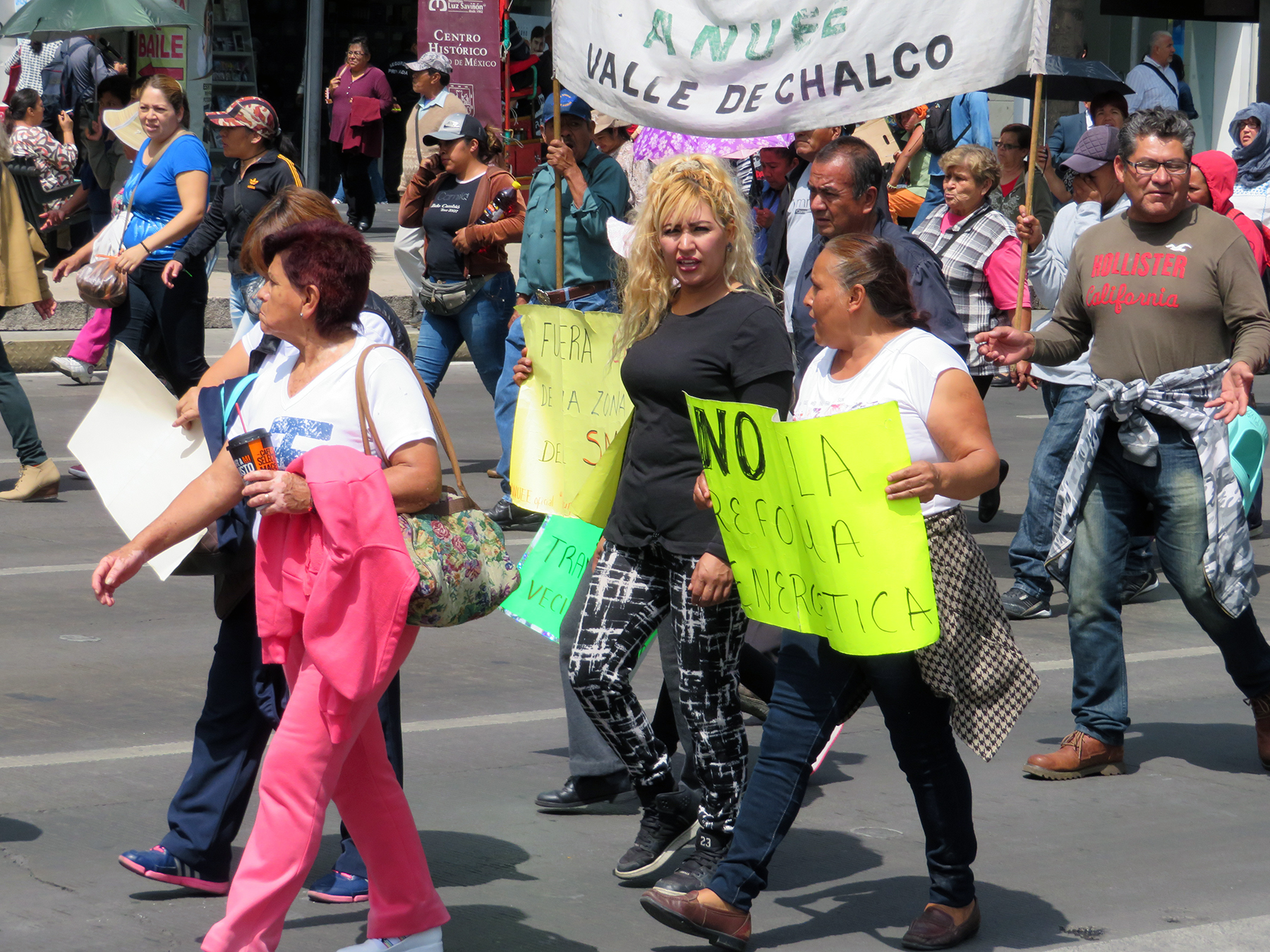Yesterday was International Women’s Day and it seems appropriate to celebrate women this week – particular after we have seen female presidential candidacies collapse (among other factors) under the weight of ongoing misogyny.


I want to start the week with women composers, particularly since I stole today’s title from a series of musical compositions by Joan Tower. Tower, who teaches music at Bard college, composed the 6 part piece, a response to Copland’s Fanfare to the Common Man, between 1986 and 2016, dedicating it to women risk takers and adventurers. I chose the most recent segment, with full orchestra for us to contemplate.



Before I introduce two more uncommon women, female composers who left their mark in a male-dominated domain, I also want to stand in solidarity with the common women of Mexico, who organized an unprecedented strike today to demand attention for their (literally) existential struggle: the number of women murdered in their country (which leaves the even more incomprehensible numbers of hurt and raped women to the side.) Almost 4000 women were murdered in Mexico last year alone, some mere girls, 7 years old. The strikers ask every woman in the country to simply stay home and not do the work for one day – it would cost the Mexican economy 1.37 billion which might do more to start a serious national conversation and effect substantive changes across Mexican society than women’s voices alone. Alas, Mexico’s new president, touted a progressive, is not exactly supportive of the efforts. Details here and photographs today from the streets of 2017 Mexico City.



*
Here are two courageous women providing us with empowerment and joy: let’s start with Clara Schumann’s Piano concerto in A Minor (Op.7). Wife to Robert, friend to Brahms, she actually composed this when she was 14 years old and performed it at age 16!



On the other end of the spectrum we find Florence Price whose Symphony No. 1 in E Minor was premiered in 1933, when she was in her mid 40s. It was the first symphony by a black female composer to be performed by a major American orchestra. Price suffered from the effects of racism in addition to gender bias. She pretended to be of Mexican descent to be admitted to the New England Conservatory; moved from Arkansa, her home, to Chicago when she was denied work and racial tensions and lynchings were threatening her family. Chicago friendships with Margaret Bonds and later Marian Anderson helped her music to be performed eventually.


Here is one of my favorites, Langston Hughes’ poem set to her music:
Songs to the Dark Virgin
I
Would
That I were a jewel,
A shattered jewel,
That all my shining brilliants
Might fall at thy feet,
Thou dark one.
II
Would
That I were a garment,
A shimmering, silken garment,
That all my folds
Might wrap about thy body,
Absorb thy body,
Hold and hide thy body,
Thou dark one.
III
Would
That I were a flame,
But one sharp, leaping flame
To annihilate thy body,
Thou dark one.
The poem is often interpreted as a black woman staring into the mirror, trying to hide her blackness by the shine of jewels, or the folds of her dress, to finally annihilate herself because her blackness cannot flourish in a racist world. Florence Price did not give in to that sentiment or give up – she provided the world with beautiful music that combined classical elements with those from her own tradition, spirituals and jazz. Tomorrow I will introduce other role models who also defied that despair. Things must, will change!








Martha Ullman West
Terrific post, particularly love the Mexican photos and would add that I first heard Joan Tower’s Fanfare for the Uncommon Woman in Eugene, when Toni Pimble, artistic director of the Eugene Ballet, programmed an evening of ballets by women choreographers long before the lack of such programming became a hot topic in the ballet world. The Fanfare for the Uncommon Woman, as I recall, opened the show. And I believe all the ballets were accompanied by music by women composers: Pimble’s own contribution, Columba Aspexit, was danced to Hildegard von Bingen.
Rouladen-fresser ;-)
Great post. Hope it was a happy Women’s Day for you also and that you are on the mend.. Heard you had been under the weather recently.
Love that you extolled women composers. A composer I was unfamiliar with until just the other night is Jennifer Higdon. I heard on the classical radio station her 1999 piece “Blue Cathedral” and was transfixed. I heartily recommend hearing it on a good stereo system or on headphones. I see she has also written a violin concerto, which I will listen to soon, no doubt.
xo,
R.